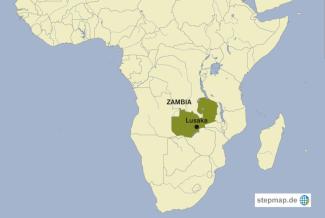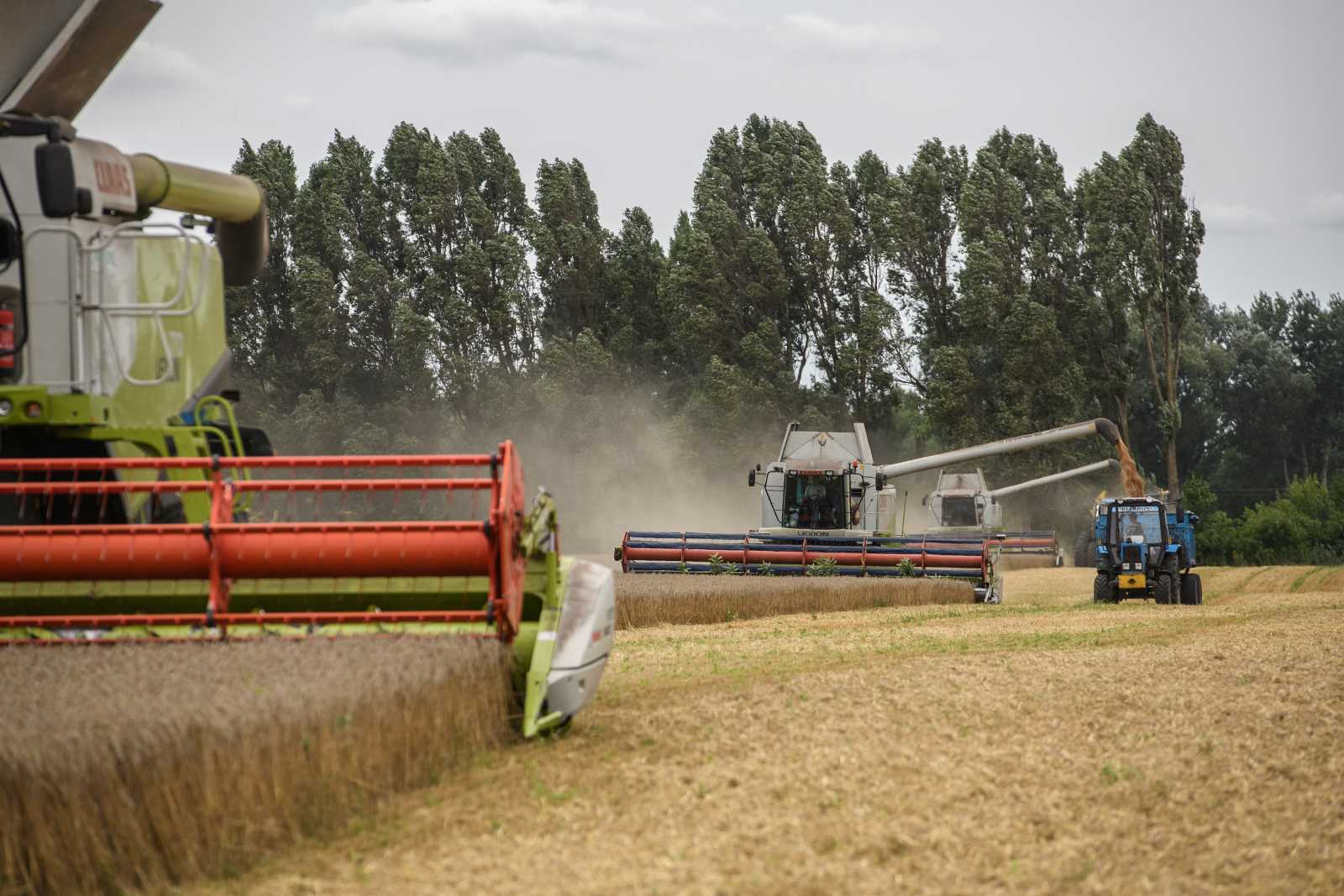Rural poverty
Inefficient agency

Most of the households in rural areas of Zambia, where two thirds of the people live, depend on maize farming as the main source of income. In theory, the FRA’s should stabilise the market by buying their produce. But it pays smallholder famers only very low prices. Their work therefore does not allow them to escape poverty.
Maize is Zambians’ staple food. On urban markets, this cereal fetches good prices – but rural people do not have access to those markets.
For the 2018 marketing season, FRA has pegged the price for a 50-kilogramme bag at K 70 (about $ 9.5). In a statement issued in July, the Zambia National Farmers’ Union (ZNFU) declared it to be “absurd and low”. The ZNFU maintains that “Zambia’s biggest challenge lies in trying to address poverty in rural areas where most of the people depend on farming.” The union argues that success would slow down rural-urban migration.
Last year, ZNFU warned that as a consequence of the low maize price, the production of the country’s staple food was likely to drop in 2018. And indeed, maize production has gone down by one third to a mere 2.3 million metric tons this year. By the end of July, the FRA had not even started buying maize from farmers. ZNFU officials were still negotiating with government to get a better price.
In view of the delays, middlemen took advantage of the situation. They bought maize from farmers who were desperate to sell because they needed cash. The “briefcase businessmen” paid even lower prices than the FRA was offering. They exploited the dire situation of the smallholder farmers who do not have access to the most important markets.
Charles Bulaya, a farmer in Zambia’s Copperbelt, says he was forced to sell his maize cheaply because he needed money urgently. He had to pay his children’s school fees. Bulaya explains: “The problem with selling maize to FRA is that it takes too long to for payments to be done.”
A study conducted in 2015 by scholars from American universities showed that many poor households do not take advantage of FRA services because of its inefficiency. “Poorer households that produce enough to sell to the FRA may be discouraged from doing so due to the frequently long and uncertain delays between when farmers deliver their maize to the FRA and when they receive payment,” the authors concluded. The study was published by IZA, the Bonn-based Institute for the Study of Labour.
More recently, the office of Zambia’s Auditor General reported that considerable funding allocated to the FRA for maize purchases in the national budget were not fully utilised. The data showed that the equivalent of $ 100 million was earmarked for maize purchases in 2016, but that only half of it was used for that purpose.
Humphrey Nkonde is a journalist and media researcher based in Ndola, Zambia.
humphrey_nknde@ymail.com
Link
Fung, W., Liverpool-Tasie, S., Mason, N., and Oyelere, R., 2015: Can crop purchase programs reduce poverty and improve welfare in rural communities? Evidence from the Food Reserve Agency in Zambia.
http://ftp.iza.org/dp9361.pdf











